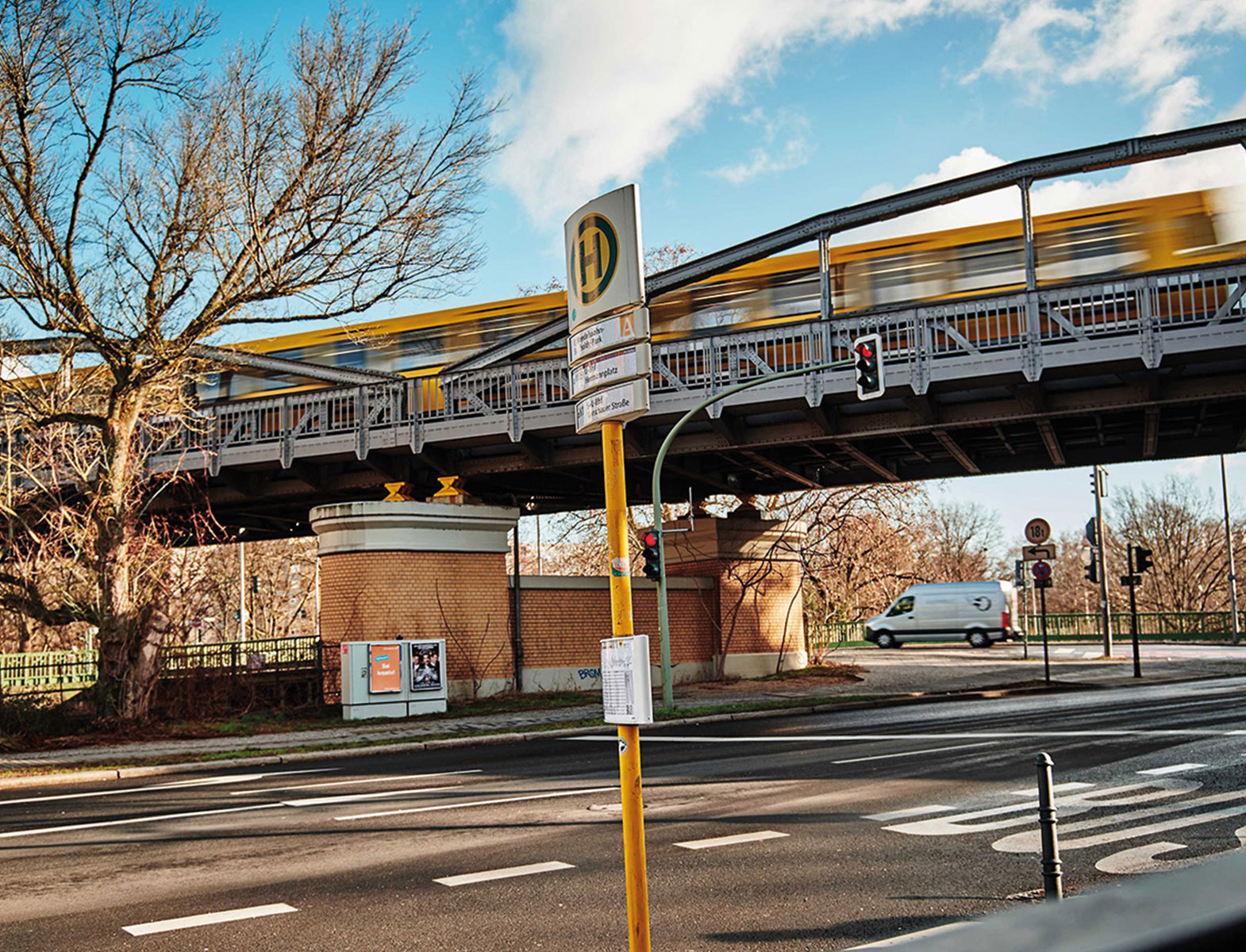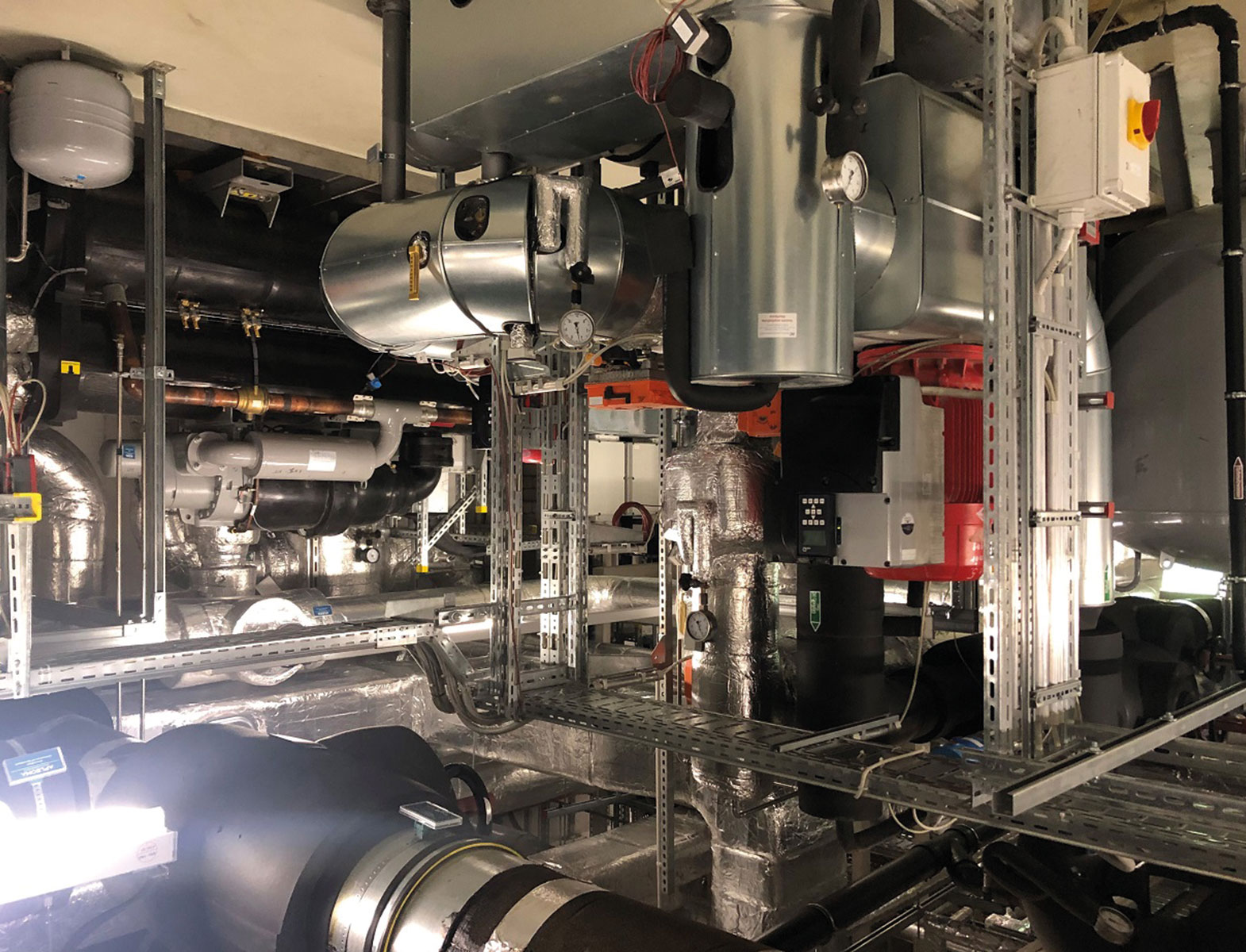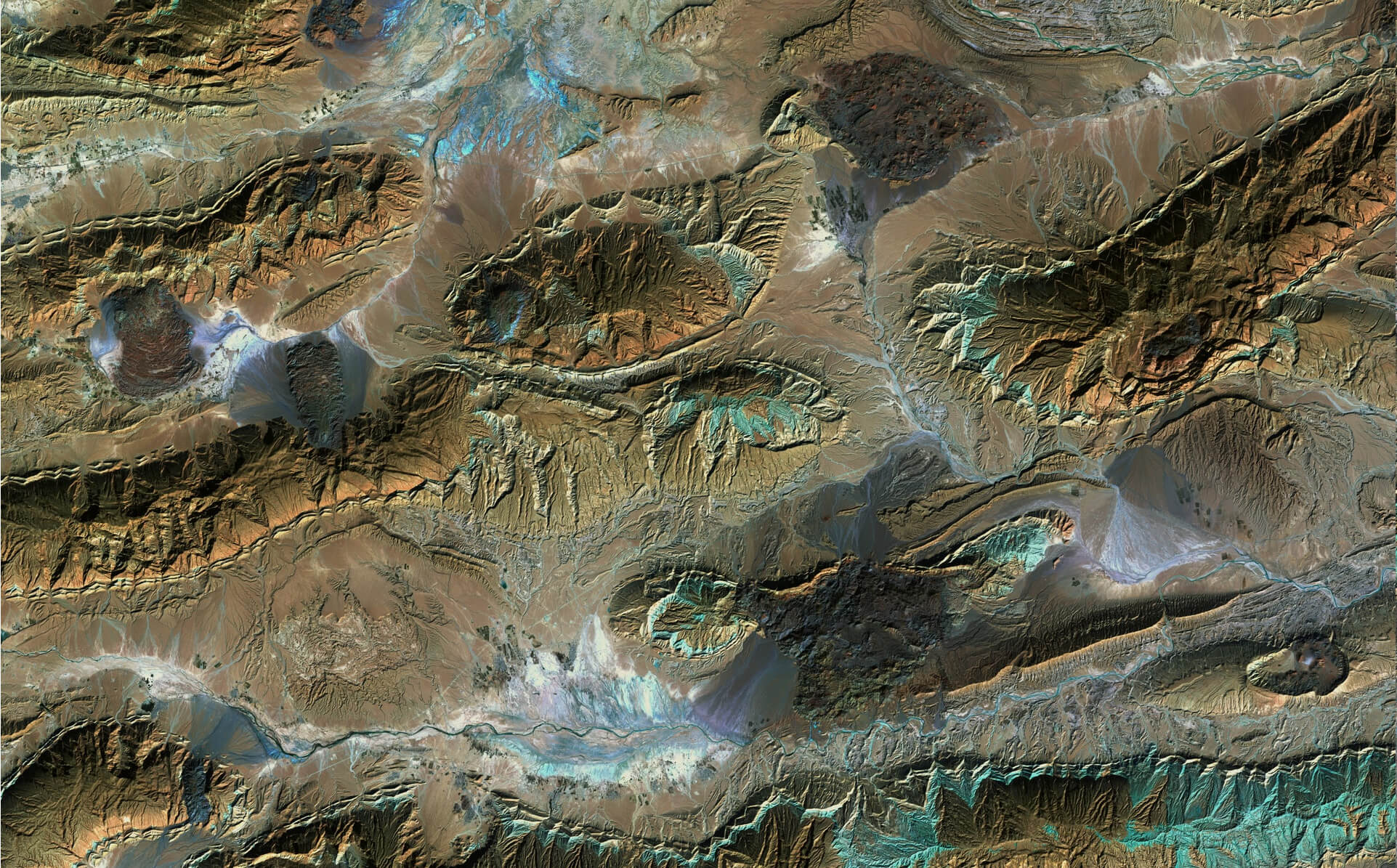Die Klimakrise erfordert wissenschaftlich fundierte Lösungsvorschläge, auf deren Grundlage schnell gehandelt werden kann. Die enge Zusammenarbeit von Hochschulen, Forschungseinrichtungen, Politik, Wirtschaft, Zivilgesellschaft und Kunst ermöglicht die Entwicklung und Umsetzung passgenauer Maßnahmen und Strategien für die Region Berlin-Brandenburg.
Als Gemeinschaftsinitiative bringen wir Wissenschaftler*innen und Change Agents zusammen, um deren umfangreiche Expertise und Kompetenzen zu mobilisieren. Unser Ziel ist es, die Erkenntnisse in den politischen und wirtschaftlichen Raum zu kommunizieren, damit passgenaue Maßnahmen umgesetzt werden können, die dazu beitragen, Klimaschutz und Klimaanpassung in der Region ökologisch, sozialverträglich und wirtschaftlich zu gestalten.
Gemeinsam mit dem CCC-Expert*innenrat wurden dafür folgende übergeordneten Ziele konkretisiert:
- Wir vernetzen Wissenschaft, Politik, Wirtschaft, Zivilgesellschaft und Kunst für die Klima-Transformation der Metropolregion Berlin-Brandenburg,
- Wir stärken die institutionsübergreifende regionale Klimaforschungskompetenz im Wissenschaftsstandort Berlin-Brandenburg,
- Wir nehmen eine Brückenfunktion in der Region ein, um die Zusammenarbeit der Länder Berlin und Brandenburg in der Klima-Transformation zu unterstützen,
- Wir gestalten aktiv Wissenschaftskommunikation, um die wissenschaftliche Expertise zu Klimaschutz und -anpassung in die Öffentlichkeit zu bringen und den Wissensaustausch zu stärken und
- Wir unterstützen Kooperationen mit Unternehmen, um die Innovations- und Transformationskraft der regionalen Wirtschaft Berlin-Brandenburg für das Klima zu stärken.







